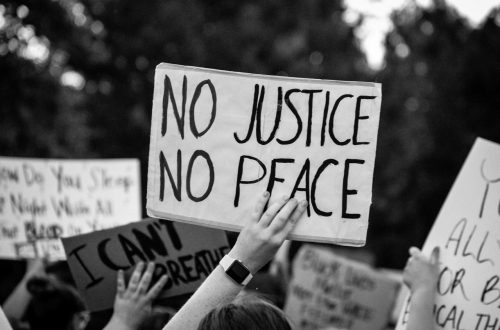 Be sure to read Lig Duncan’s remarks on “The Manhattan Declaration” which he wrote on behalf of the Alliance for Confessing Evangelicals (ACE). This statement is important. It addresses why ACE council members did or did not sign the document. For those who want to understand what’s at stake in this conversation, I think the key lines are here:
Be sure to read Lig Duncan’s remarks on “The Manhattan Declaration” which he wrote on behalf of the Alliance for Confessing Evangelicals (ACE). This statement is important. It addresses why ACE council members did or did not sign the document. For those who want to understand what’s at stake in this conversation, I think the key lines are here:
“Those who did sign the document believe that it is a statement of solidarity, not of ecumenism, and that it represents the kind of principled co-belligerency advocated by, for instance, Francis Schaeffer and James Boice. . . The Council members who signed do not believe that the document commits them to an agreement with Roman Catholics or Eastern Orthodox on the nature of the Gospel, the Church or who is a true Christian.”
In short, there is no dispute among council members about the nature of the Gospel or who is a true Christian. Both signing and non-signing ACE members still agree on these issues, and they stand united in their contention that such issues still divide Protestant and Catholics.




3 Comments
Don Johnson
It seems to be saying, “We disagree with others and we even disagree among ourselves. And that is our official position.”
russware
Don’t worry everybody… we’re still divided!!! *sigh*
David Vinzant
Is is fascinating to me that Christians from these disparate groups can agree fully on matters which the Bible barely touches on, like gay marriage, abortion, and civil disobedience, but cannot agree on matters central to Christianity like “the nature of the Gospel, the Church or who is a true Christian.” Why is this and what does it say about the clarity of the Bible’s teachings on key subjects?